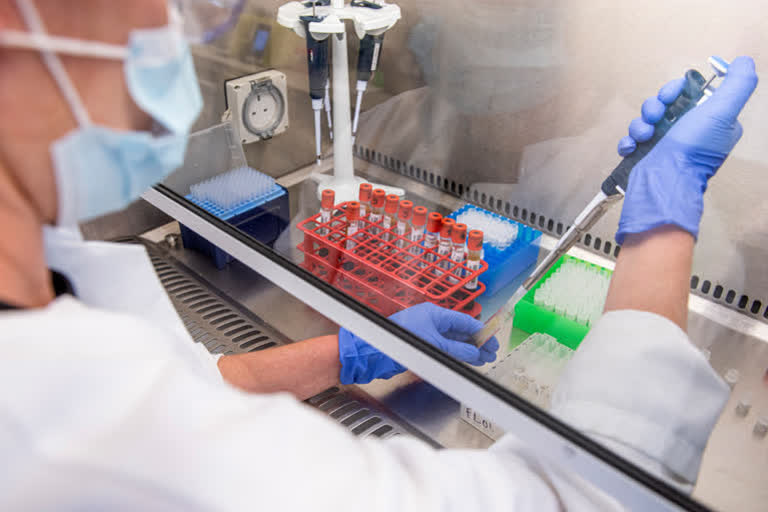Hyderabad:Novavax, Inc. a late-stage biotechnology company developing next-generation vaccines for serious infectious diseases, on Tuesday, announced Phase 1 data from its Phase 1/2 randomized, observer-blinded, placebo- a controlled trial of its COVID‐19 vaccine with and without Matrix‐MTM adjuvant in healthy adults 18-59 years of age.
NVX‐CoV2373, the Company’s recombinant COVID-19 vaccine candidate adjuvanted with Matrix-M, was generally well-tolerated and elicited robust antibody responses numerically superior to that seen in human convalescent sera. The data have been submitted for peer-review to a scientific journal and to an online preprint server at medRxiv.org.
NVX-CoV2373 was well-tolerated and had a reassuring safety profile. Overall, the vaccine was well-tolerated and reactogenicity events were generally mild. Following Dose 1, tenderness and pain were the most frequent local symptoms and systemic events were individually less frequent with headache, fatigue and myalgia being reported most commonly. As expected, following Dose 2, greater reactogenicity was reported, although the majority of symptoms were reported as ≤ Grade 1. The average duration of events was less than 2 days.
Unsolicited adverse events were collected through 28 days after Dose 2. There were no severe (Grade 3) unsolicited adverse events, and the vast majority of adverse events were mild and deemed not related to vaccination. No serious adverse events (SAEs) were reported and safety follow-up continues.
NVX-CoV2373 induced neutralization titers in 100% of participants; 5 μg adjuvanted dose group peak GMT: 3,906 (95% CI: 2,556; 5,970). All subjects developed anti-spike IgG antibodies after a single dose of vaccine, many of them also developing wild-type virus-neutralizing antibody responses, and after Dose 2, 100% of participants developed wild-type virus-neutralizing antibody responses. Both anti-spike IgG and viral neutralization responses compared favourably to responses from patients with clinically significant COVID‐19 disease. Importantly, the IgG antibody response was highly correlated with neutralization titers, demonstrating that a significant proportion of antibodies were functional.
